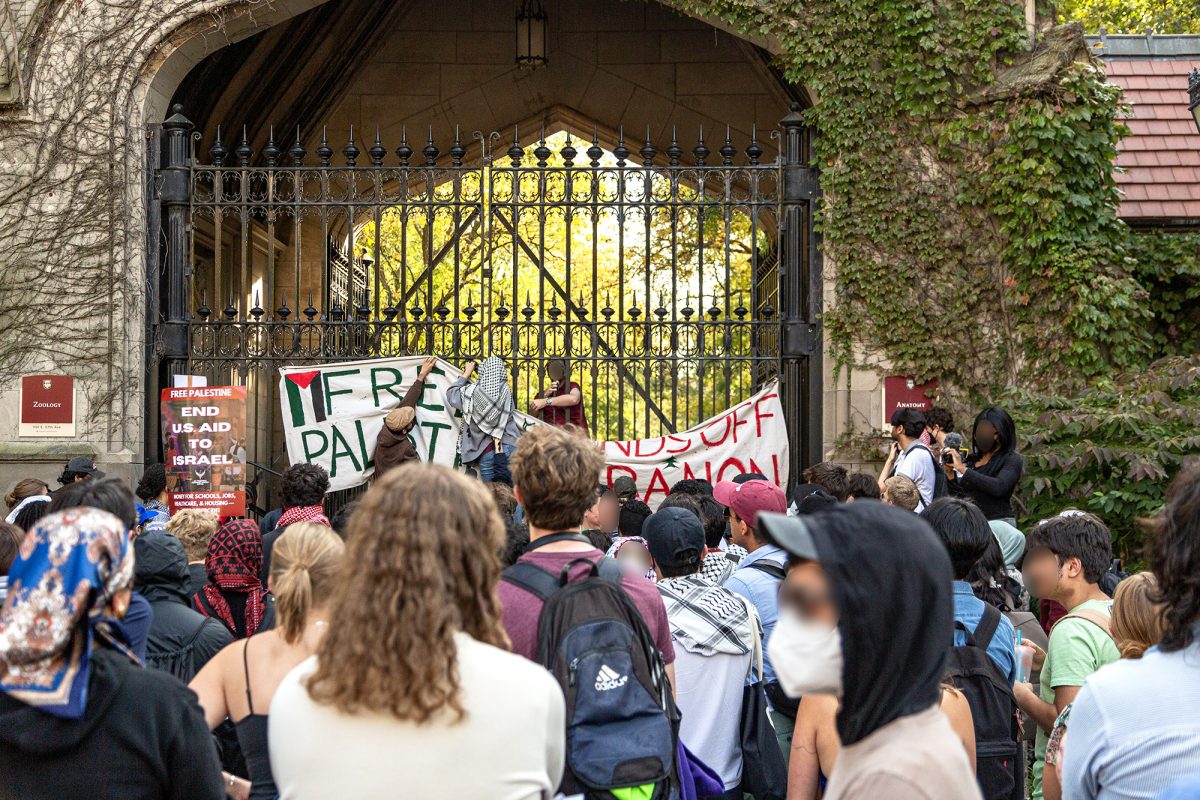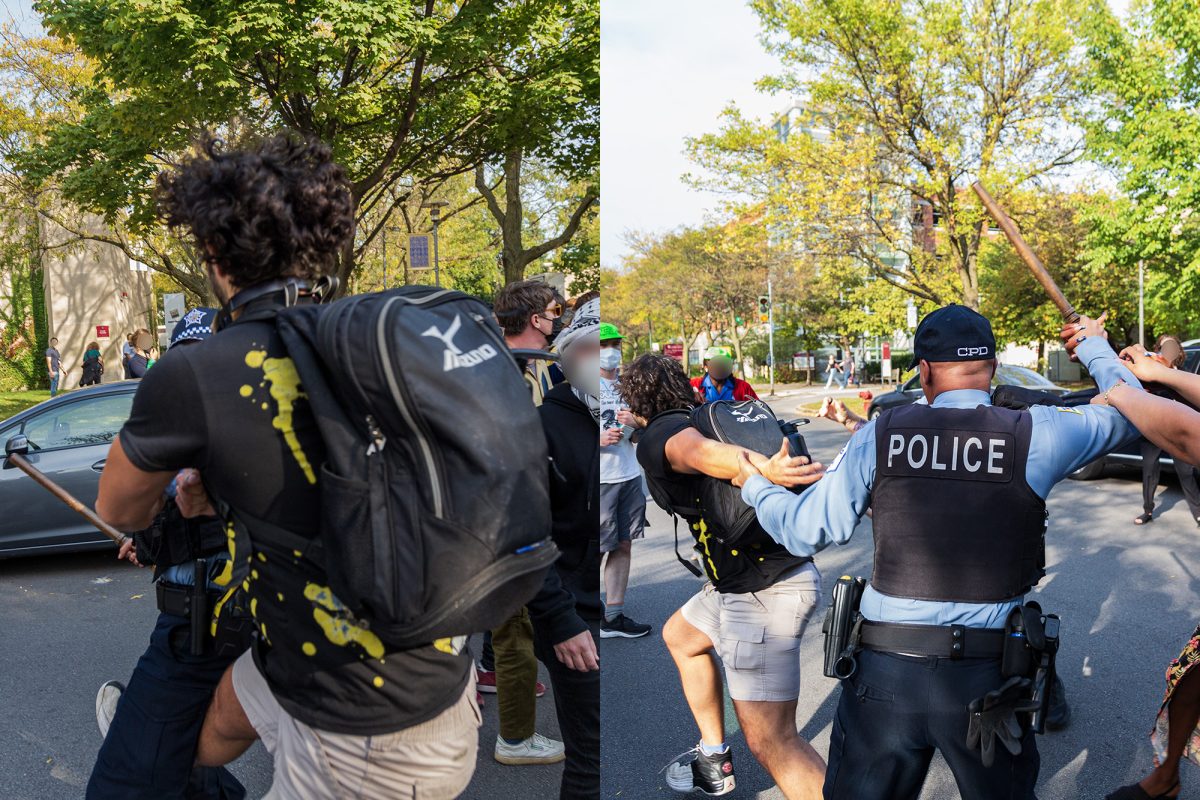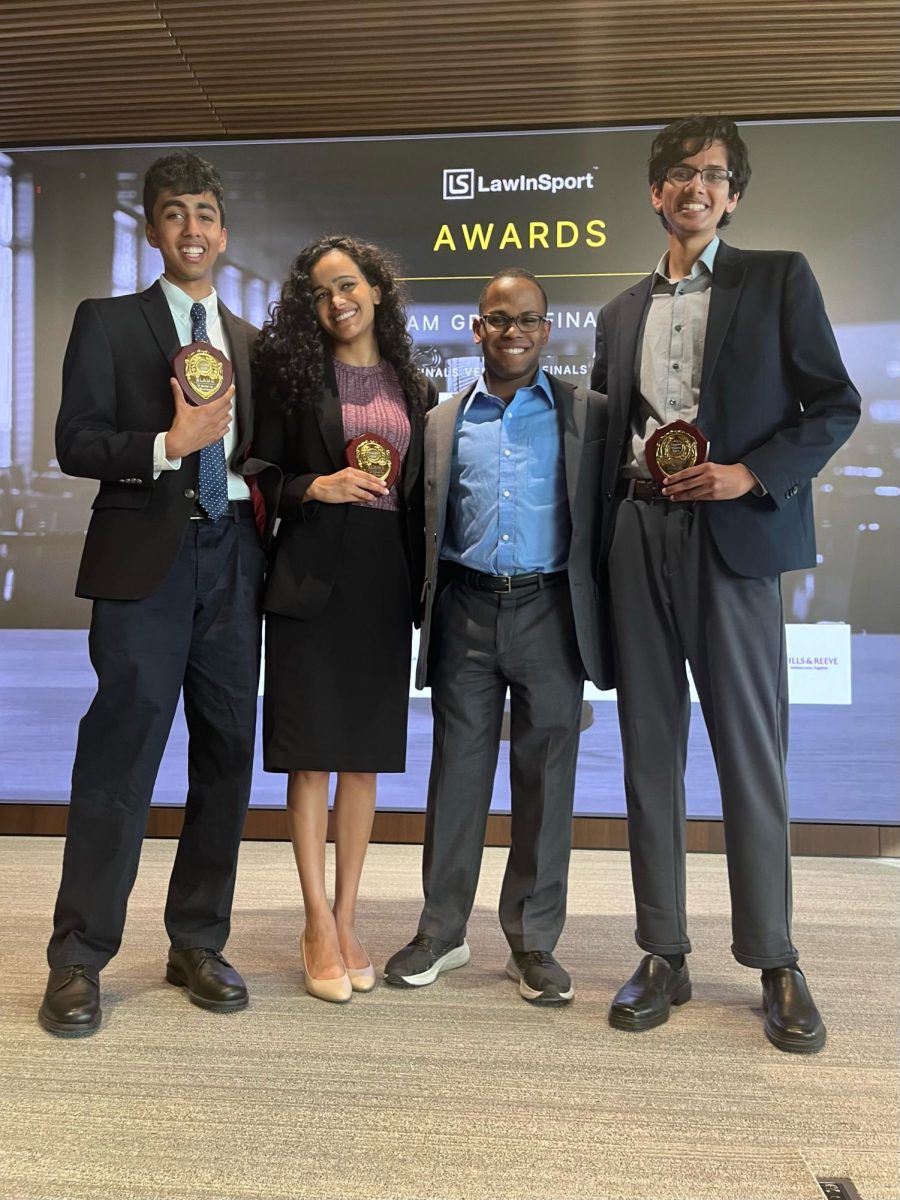In May and July 2016, the University plans to launch its first summer program for international high school students in Delhi and Beijing, respectively.
The summer session will consist of two weeks of intense critical thinking, reading, writing, and discussions. Classes will be five hours long and are to be led by a University faculty member and a graduate school intern at the UChicago centers. Writing seminars will be offered to hone academic writing skills, like in the Core sequences. The program will also include an online session in which the admissions office discusses the U.S. college admissions process.
At the end of the program, students will receive a grade, a narrative evaluation, and a certificate of completion. However, according to Stephanie Friedman, director of the UChicago Summer Sessions, the students will not receive any college credit, since the College is not accredited in China and India.
The $2,800 Summer Sessions program fee will include tuition, course materials, educational activities, and lunch each day. Scholarships will also be available.
Only 20 spots will be offered for each city in order to increase the selectivity and competitiveness of the program.
The program is an innovation among U.S. colleges. Other higher education institutions, most notably Duke University, have cooperated with Chinese and Indian high schools and universities to offer similar educational opportunities. However, the UChicago program differentiates itself by sending its own faculty to teach at its University centers.
According to Friedman, the new program may be a good adjustment for students in Asia, whose education system differs much from that of the U.S.
“They might not be accustomed to seminar-style discussion-based education, which is a big thing that we do here,” Friedman said. “[We want] to give them a sense of…the interdisciplinary focus on larger issues and fundamental questions that mark the Core sequences.”
Xu Xiao (AB ’14), a Chinese alumnus who is now running an educational startup called AcadeMe, recalls how difficult the transition can be.
“I’m glad that the University is creating this program…It took me at least two years to figure out what a liberal arts education means. If I had known what to expect in Core when I entered UChicago, my college education would have been much more effective,” Xiao said.
In regards to college admissions, the University wants to interact with students who “fit.”
“What we’re looking for are students who would be good prospects for admission to the College; that’s the kind of student profile we’re looking for…but this isn’t just about applying to the University of Chicago, although that would be lovely if people were to do that. It’s for people who are interested in studying in any U.S. university or college,” Friedman said.








